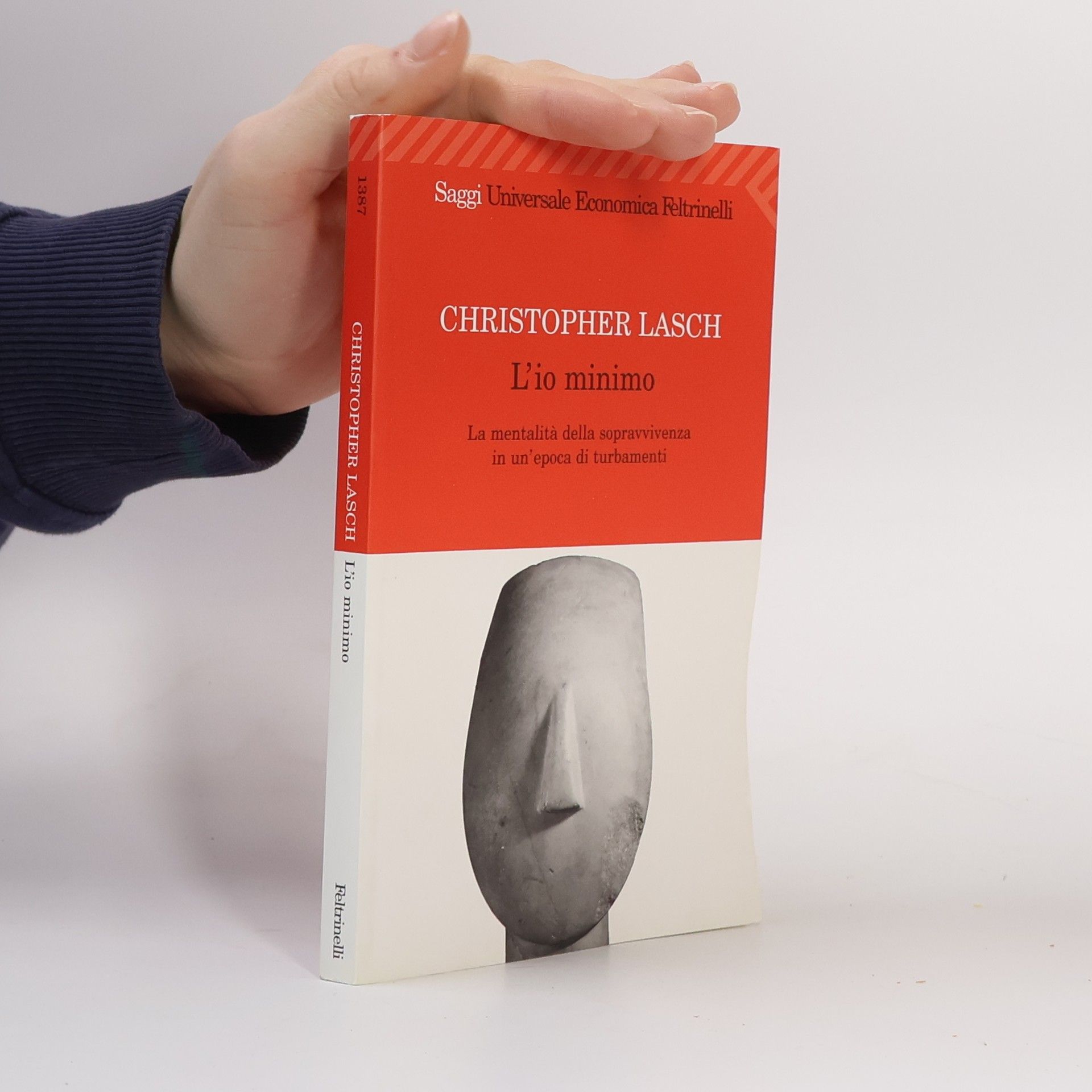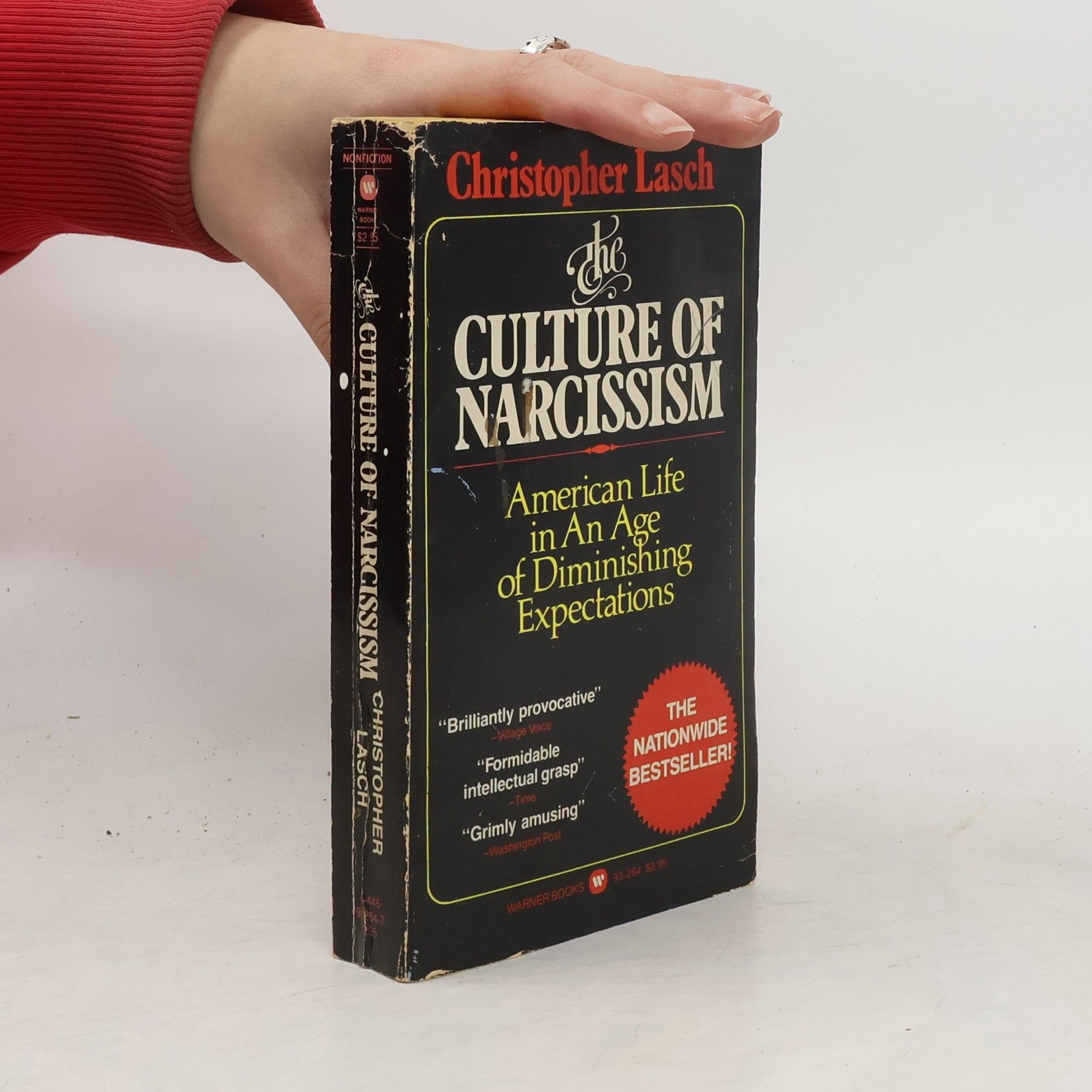The American Liberals and the Russian Revolution
- 312 pages
- 11 hours of reading
Christopher Lasch was an American historian and social critic who used history to expose how institutions were eroding the independence of families and communities. He strove for a historically informed social criticism to teach Americans how to grapple with consumerism and the 'culture of narcissism.' His writings, which analyzed the discontents of liberalism and explored the decline of American culture, sparked widespread discussion. He eventually explored how a faith in 'Progress' hindered Americans from understanding his arguments, drawing lessons from suppressed Populist and artisan movements of the past.






La mentalità della sopravvivenza in un'epoca di turbamenti
Alla vita quotidiana come esercizio di sopravvivenza corrisponde la costruzione di una micro-identità (l'io minimo) funzionale alle difficoltà del presente. In queste pagine l'autore ci propone una chiave di lettura del mutamento culturale in corso e delle sue varie manifestazioni nel pensiero, nelle arti, nel costume e nella morale.
[A] passionate, compelling, and disturbing argument that the ills of democracy in the United States today arise from the default of its elites. -John Gray, New York Times Book Review (front-page review)
When The Culture of Narcissism was first published, it was clear that Christopher Lasch had identified something important: what was happening to American society in the wake of the decline of the family over the last century. The book quickly became a bestseller. This edition includes a new afterword, "The Culture of Narcissism Revisited."